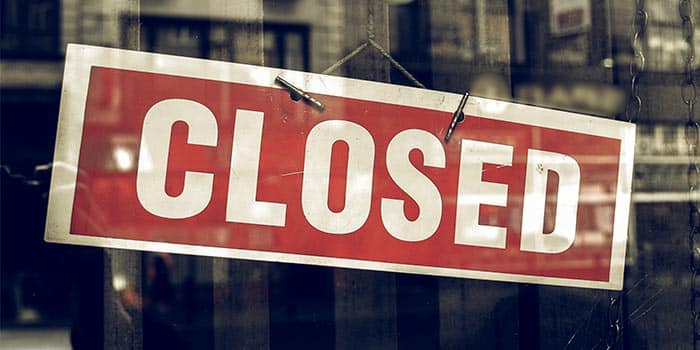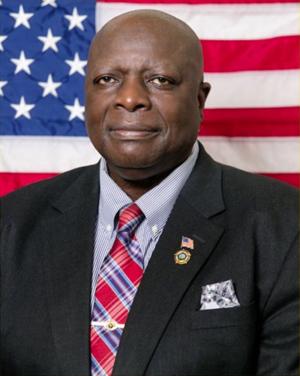Charity Shuts Down as Finance Officer Steals $162,884 for Gambling

URGENT UPDATE: The Gateshead Access Panel, a charity dedicated to supporting disabled individuals and their caregivers, has been forced to close following shocking revelations of theft by its finance officer. The 40-year-old officer, identified as S.H. from Chester-le-Street, County Durham, siphoned off a staggering GBP 120,557.98 (approximately $162,884.67) to fuel his gambling addiction, leading to the charity’s collapse.
Newcastle Crown Court heard that S.H. joined the charity in 2011 and quickly took charge of payroll and financial accounts. By 2016, suspicions arose when funds began to mysteriously disappear. Prosecutor Neil Pallister revealed that S.H. began pilfering money, eventually stealing over GBP 32,323 (around $43,664) to support his gambling habit.
Charity leaders initially showed leniency, hoping for S.H.’s rehabilitation, allowing him to retain his job under strict supervision with the promise of repayment. However, by June 2017, the charity faced a financial crisis, unable to pay its caregivers. S.H. initially blamed banking errors but later admitted he had failed to bill clients.
In August 2017, further investigation revealed S.H. gambling on his phone during work hours. He had linked the charity’s account to his personal PayPal, allowing him to siphon funds without detection. On that day, fearing exposure, S.H. confessed his theft to authorities at Whickham Police Station.
The consequences of his actions have been devastating. As a result of the financial mismanagement, caregivers and disabled clients were left in significant debt to HMRC. The charity’s manager stated that the theft had “decimated” the organization, leading to its shutdown in 2018.
In court, it was revealed that S.H. was diagnosed with autism spectrum disorder and compulsive gambling disorder. Judge Robert Adams condemned the case as “appalling,” expressing disbelief that S.H. was not removed from his position sooner.
S.H. has been sentenced to 18 months in prison, suspended for 12 months, and is required to complete 150 hours of unpaid community service. A separate hearing will determine the exact amount he must repay.
This case serves as a stark reminder of the impact of addiction on communities and organizations, highlighting the urgent need for oversight and accountability in charitable institutions. As this story develops, more details on the financial repercussions for the charity’s clients and the community are expected to emerge.






